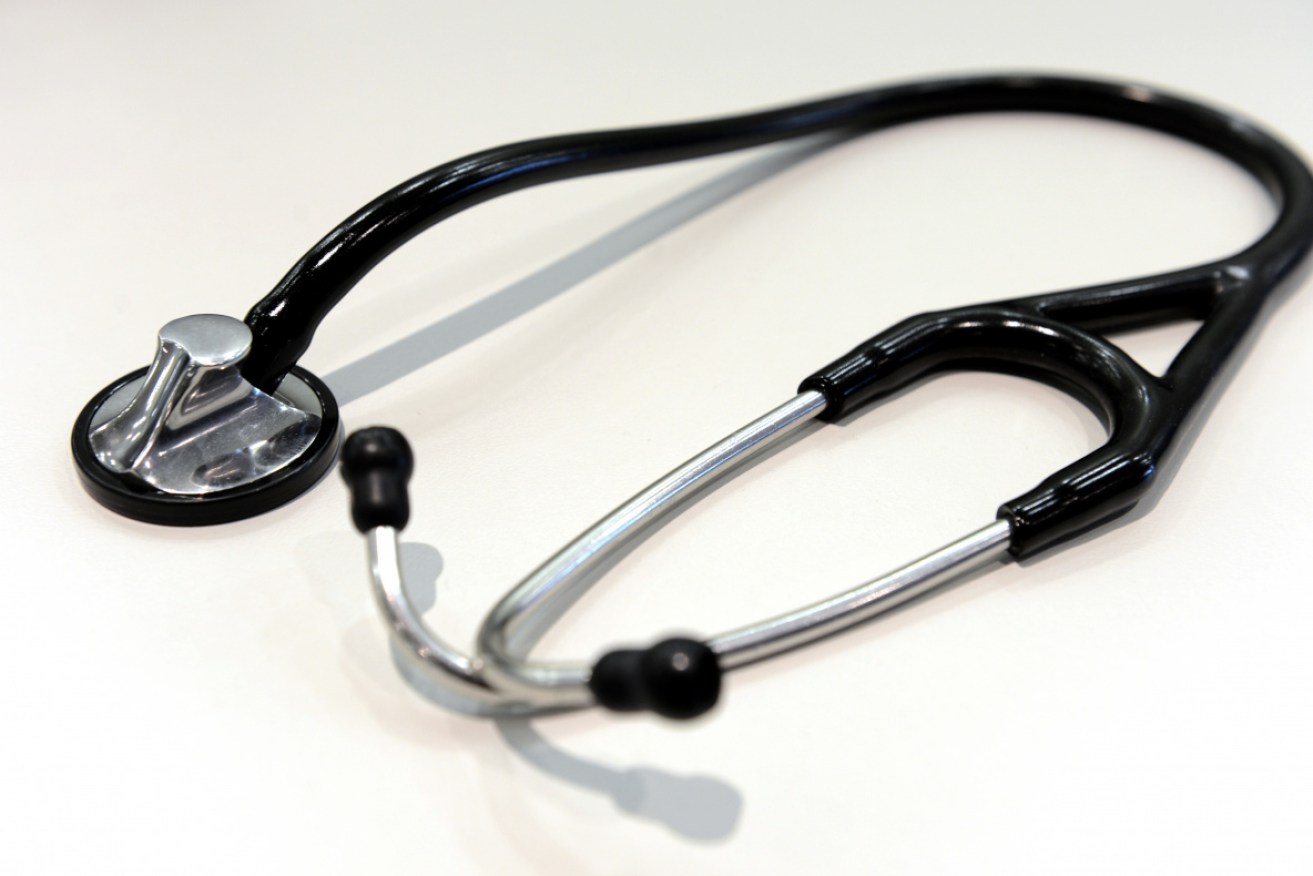More than a third of junior doctors bullied, Medical Board of Australia survey shows

About 120 million people worldwide have been prescribed diabetes drug metformin. Photo: AAP
A snapshot of Australia’s trainee doctors shows more than a third have witnessed or experienced workplace mistreatment for successive years.
The survey results show 35 per cent of junior doctors saw or experienced bullying, harassment or discrimination, compared with 34 per cent in 2020 and 33 per cent in 2019.
Medical trainees said the mistreatment came mostly from senior doctors, followed by nurses and midwives, and patients and their families.
The results released on Monday coincide with significant demands on hospitals and GP clinics across the country during the COVID-19 pandemic.
Just under half of trainees said they were never or sometimes paid for unrostered overtime, and half said their workload was heavy or very heavy.
It also found about two-thirds of those who had experienced bullying or saw it happening did not report it, and of those who did, only 58 per cent were satisfied with the way incidents were handled.
More than 21,000 junior doctors, just more than half of Australia’s medical trainees, responded to the survey, which was funded by the Medical Board of Australia and run in August and September last year.
The survey found the problems impacted on doctors’ training, with 38 per cent of trainees who’d experienced mistreatment reporting moderate or major impacts on their work.
The problem was worse for Aboriginal and Torres Strait Islander trainees, with 52 per cent experiencing or witnessing bullying, harassment or discrimination, compared with 35 per cent of junior doctors overall.
“Disturbingly, there is a significant and unacceptable difference in the incidence of these issues reported by Aboriginal and Torres Strait Islander doctors in training,” Medical Board of Australia chair Anne Tonkin said.
“Racism in health care is never acceptable and we all have to do better,” she said.
The survey also showed some improvement in medical supervision, with 80 per cent of junior doctors still prepared to recommend their jobs to other trainees.
The results showed medical training was adversely affected in the states worst hit by the pandemic.
“MTS results are showing there’s a lot going well in medical training in Australia. But some small changes in 2021, which may relate to the impact of the pandemic, warrant close attention in the years ahead,” Dr Tonkin said.
-AAP








